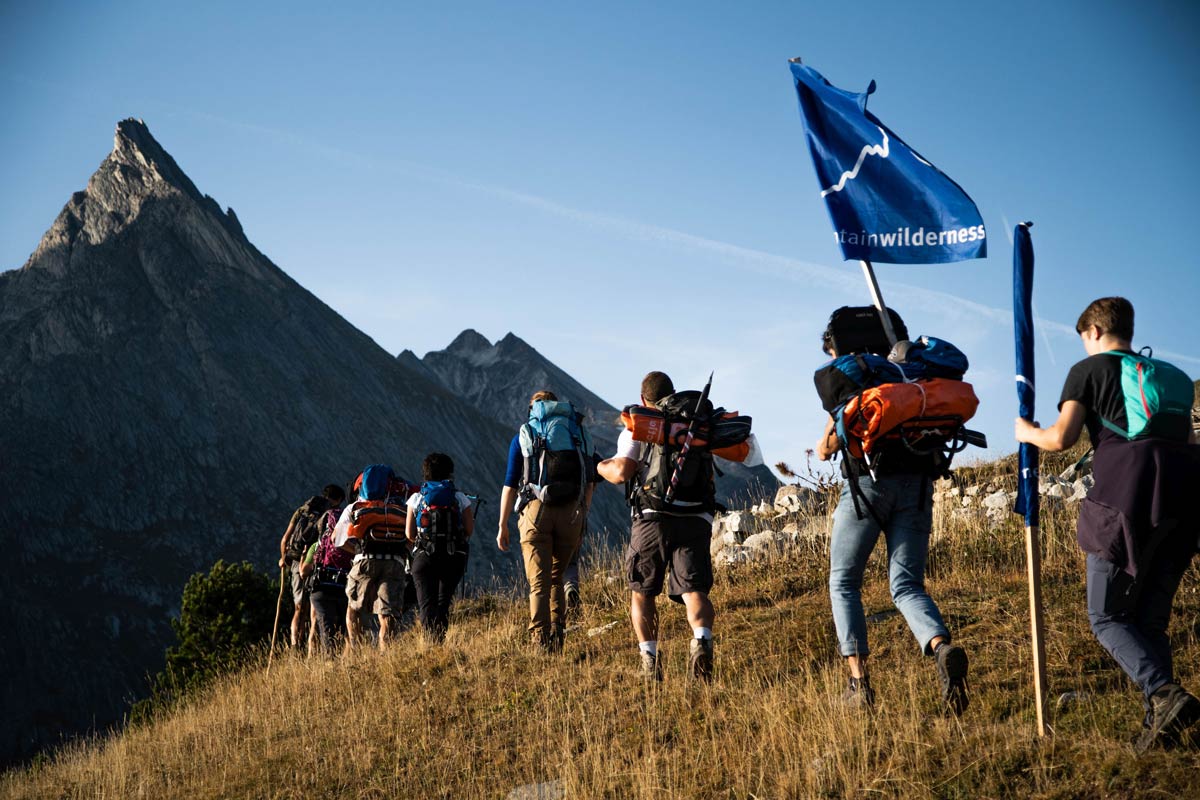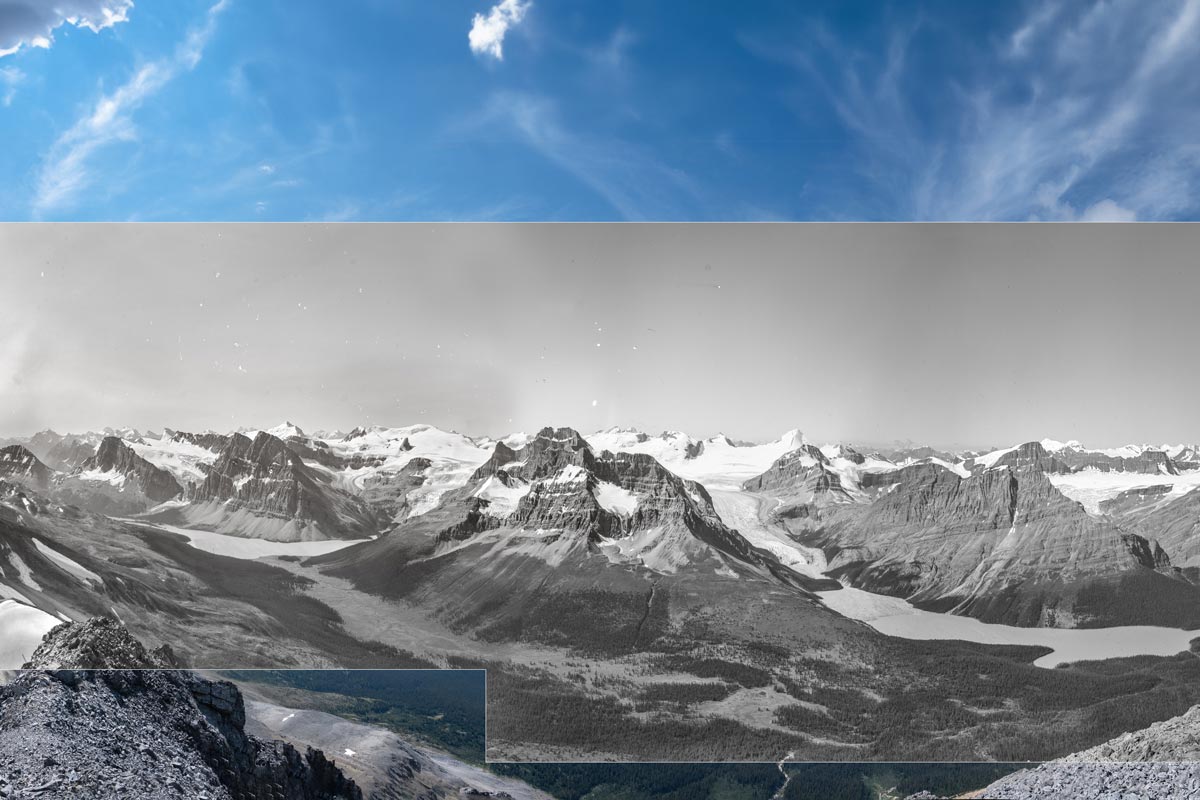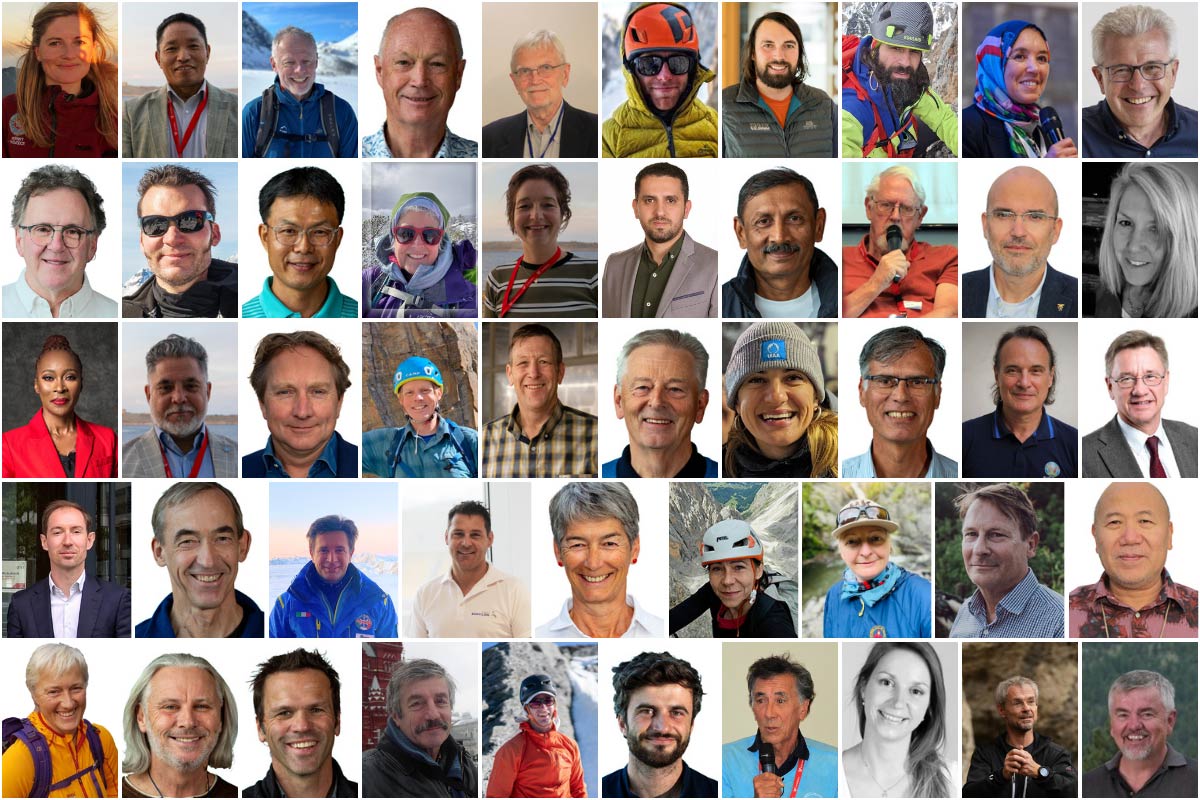Following a recent insight into the progress made by last year’s UIAA Mountain Protection Award winner AlpineLearning Project Weeks from the Swiss Alpine Club (SAC), the spotlight now shines on Mountain Wilderness France, a Grenoble-based project who won the Award in 2016.
Since 2001, Mountain Wilderness France has organised no less than 57 ‘actions’ as part of its “Obsolete Facilities” campaign. In total, more than 520 tonnes of obsolete facilities (such as barbed wire, live shells, abandoned ski lifts, other sport facilities, various cables and scrap material) which represent a real threat to wilderness, environment and outdoor users, have been removed from mountain regions across France.
None of this could have been possible without the help of some 2,295 volunteers, who have worked for a total of 5,384 workdays combined. Since winning the MPA in 2016, Mountain Wilderness France has completed a further 22 ‘actions’, removing 120 tonnes of facilities.
One of its most recent projects took place in the Mercantour National Park in August 2020. The “Alps Maginot Line”, a ridge separating the Mollières and Chastillon valleys, used to represent a major strategic interest for the Italian army during the Second World War. Since 1945, blockhaus bunkers and barbed wires were left causing risks for endangered animals (especially chamois and ibexes) and outdoor users. Last month’s operation was the eighth and final part which to free the ridge. The team is also working on a project with mountain guides in the Verdon gorges.
The Mercantour National Park has also implemented a special protocol aimed at preserving these remnants of war. Specimen have been collected throughout the operations as well as a detailed cartography; all of it was sent to the regional archeology service.

In addition to its dismantling operations, Mountain Wilderness France has, since 2016, continued its work to raise awareness and encourage soft mobility and ecotourism, as part of the campaign “Change your approach”. In July 2020, MW published its latest brochure : “10 ideas to go outdoor without a car” around the Cantalian volcanic peaks. In total, 16 leaflets are available on Mountain Wilderness website: outdoor enthusiasts can access several itineraries in order to visit the most beautiful mountains of France (and abroad!) from cities using only public transportation.
Mountain Wilderness France has also provided the UIAA with its 2019 Annual Report which can be downloaded here.
Carmen Grasmick, manager of the “Obsolete Facilities” campaign at Mountain Wilderness France and Melissa Gerard, volunteer, from the project took time to answer the following questions regarding the project’s progress during 2020 and in the context of Covid-19.
UIAA: How has your project been impacted by Covid-19?
Mountain Wilderness: The Covid-19 crisis has had a financial impact on our organisation. We have suffered the loss of public subsidies. The crisis has also had an impact on our operations, mainly in terms of preparation as it takes more time to adapt to health instructions without sacrificing conviviality and sense of fellowship, which is essential. Despite these conditions, and while maintaining a high level of health security, we have managed to carry out three operations since the beginning of the crisis.
What readjustments have you had to make? And what work have you been able to carry on with?
Our operations take place with teams of maximum of ten people. We also provide participants with an individual picnic. Funding reductions may also lead us to scale down our objectives.
With access to the mountains opening up in France earlier than other countries, were you able to run some of the outdoor activities?
Yes. In addition to the obsolete facilities operations, we are also able to work on our ‘Change your approach campaign’. We are also working on producing additional itineraries about using public transport while of course wearing a face mask.
Is dealing with Covid-19 in the mountains part of what Mountain Wilderness France is now raising awareness about?
It is indeed, by necessity. We notice that caution is variable depending on the individual.

What are the projects goals for the next 12 months?
From 14 September, MW will organise an operation with mountain guides in the Verdon gorges. We are also planning an operation to dismantle a ski lift facility in the Ardèche National Park. Moreover, we are also working on the planning of our 2021 projects : next spring we will go to the Jura mountains to dismantle an old reindeer enclosure (a 7km grid which harms wild animals). We are also planning two operations next summer to remove barbed wire in the National Park of Mercantour and in the High Alps.
What advice would you give to UIAA members or organisations running similar sustainability-led projects? What makes a successful project?
In our view, the most important thing is to bring together volunteers in order to carry out practical and field actions, and therefore foster a group-wide emulation. It is often a way to inspire vocations and encourage more people to act for safeguarding mountains, and to work together on different missions.
How can the general public support/mountaineering community support your project?
Everyone can support our project by making a donation, becoming a member of Mountain Wilderness, and joining our working groups in order to prepare the projects and participate in it.
FURTHER DETAILS
UIAA
UIAA Mountain Protection Award
Mountain Wilderness
Make a donation
Become a volunteer
Mobility/transport guidelines
PROJECT PARTNER
Bally is a Swiss luxury brand established in 1851, with a rich heritage in shoemaking, and a longstanding relationship to architecture, arts and the environment. Today, the brand offers unique designs across shoes, accessories and ready-to-wear, driven by a dedication to craftsmanship and a contemporary aesthetic. Bally has over 300 retail stores and 500 multi-brand points of sale that span across 66 countries worldwide, including a global e-commerce platform serving 34 countries. For more information, please visit Bally.com




